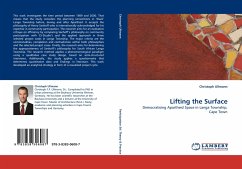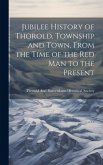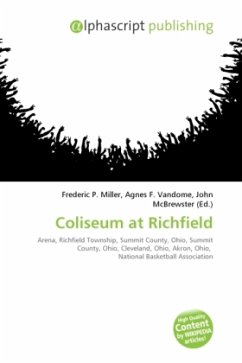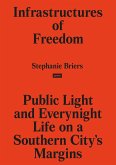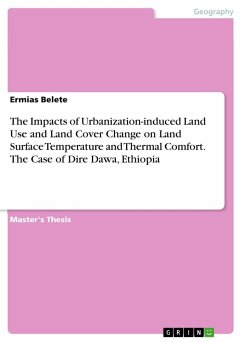This work investigates the time period between 1989 and 2000. That means that the study considers the planning conventions in black Langa Township before, during and after Apartheid. It accepts the philosophy of Henry Sanhoff who is internationally acknowledged for his expertise in community participation. The research aims for an evaluative critique on efficiency by comparing Sanhoff s philosophy on community participation with CS-Studio s and the applied approach in three selected project cases in Langa Township. The major criteria are the commonalities, completion and contradiction within both philosophies and the selected project cases. Finally, the research aims for determining the appropriateness of Sanhoff s philosophy for South African Langa Township. The research method applies a phenomenological paradigm using a qualitative case study design, based on semi-structured interviews. Additionally, the study applies a questionnaire that determines quantitative data and findings in literature. This work developed an analytical strategy in form of a visualized project cycle.

